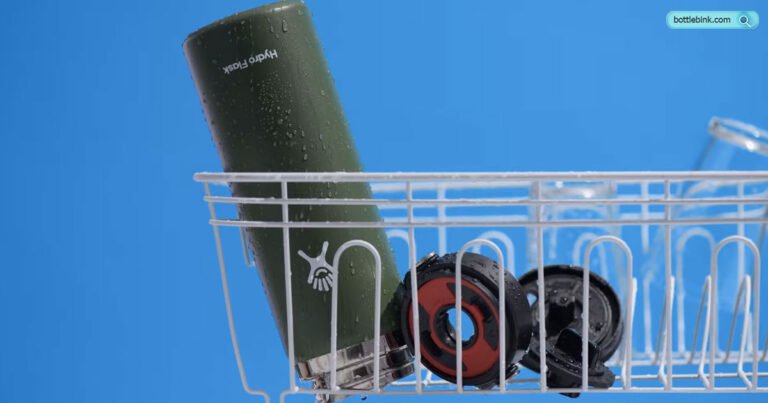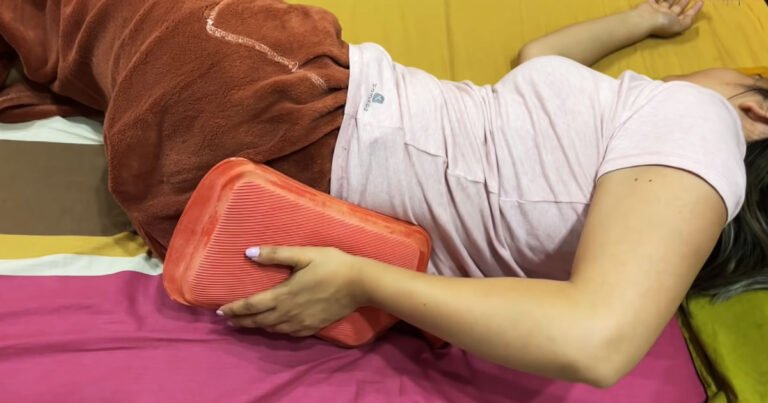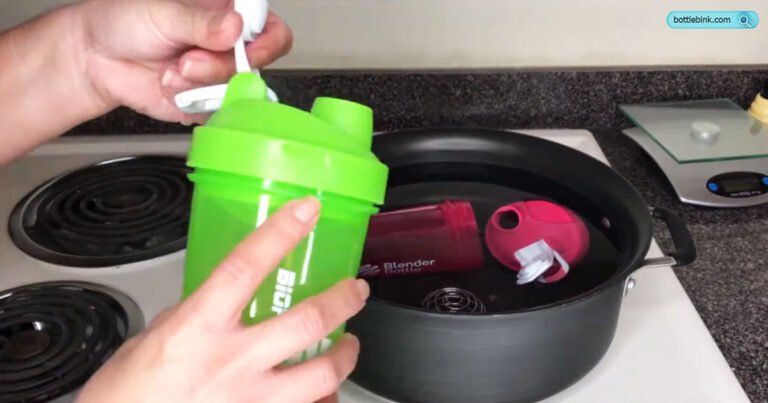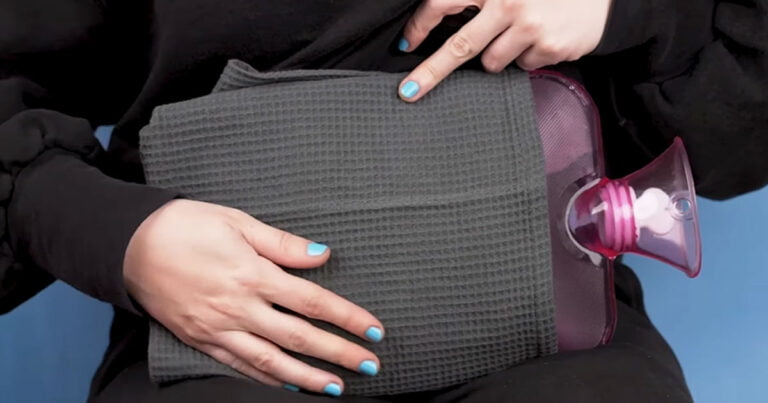Can You Recycle Crushed Water Bottles?
Yes, you can recycle crushed water bottles. Recycled crushed water bottles can be used to create new products like clothing, rugs, and plastic lumber.
Recycling crushed water bottles helps to reduce waste and conserves natural resources, making it an important step in environmental sustainability. By recycling crushed water bottles, we can contribute to the reduction of plastic pollution in our environment. This process also helps to decrease the need for new raw materials, saving energy and reducing greenhouse gas emissions.
It’s important to properly crush and clean the bottles before recycling to ensure they can be effectively reused in new products. Recycling crushed water bottles is a simple yet effective way to make a positive impact on the environment.
Benefits Of Recycling Crushed Water Bottles
Recycling crushed water bottles offers several significant benefits that contribute to a greener and more sustainable future. By diverting these bottles from landfills, we can significantly reduce waste and conserve precious resources. Let’s explore the advantages of recycling crushed water bottles in detail.
Reducing Waste
Recycling crushed water bottles plays a crucial role in reducing waste. When these bottles are discarded in landfills, they take up precious space and contribute to the growing waste problem. By recycling them, we are able to redirect them into useful applications, preventing them from becoming a burden on our environment.
Moreover, recycling helps to reduce the pollution caused by the production and disposal of plastic water bottles. By reusing the materials from crushed bottles, we can save energy and reduce the need for new manufacturing processes, ultimately reducing our carbon footprint.
Conserving Resources
Another significant benefit of recycling crushed water bottles is the conservation of resources. The manufacturing process of plastic water bottles requires vast amounts of resources, including water and fossil fuels. By recycling crushed bottles, we can reduce the demand for raw materials, saving these valuable resources for future generations.
Additionally, recycling crushed water bottles helps to conserve energy. Producing new plastic bottles requires a considerable amount of energy, whereas recycling them uses significantly less energy. By recycling, we can reduce our dependence on energy-intensive processes and contribute to a more sustainable future.
Recycling crushed water bottles not only benefits the environment but also helps create a circular economy where valuable resources stay within the system.
Summary
Recycling crushed water bottles provides numerous benefits, including waste reduction, pollution prevention, and resource conservation. By recycling, we can collectively contribute to a healthier planet and pave the way for a more sustainable future.

Process Of Recycling Crushed Water Bottles
When it comes to the process of recycling crushed water bottles, it involves several important steps to ensure that the materials are properly recycled and reutilized. Understanding how the crushed water bottles are recycled can provide insight into the importance of proper recycling practices and the impact it has on the environment.
Collection And Sorting
Collection and sorting is the initial phase in recycling crushed water bottles. This involves gathering the bottles from various sources such as recycling centers or waste management facilities. The bottles are then sorted based on their plastic type to ensure that they are processed correctly during the recycling process.
Shredding And Washing
Shredding and washing come after the bottles are sorted. The bottles are shredded into small pieces to make it easier for further processing. After shredding, the plastic pieces are thoroughly washed to remove any impurities or residual contents that could interfere with the quality of the recycled material.
Melting And Reforming
Melting and reforming is the final step in the recycling process. The cleaned and shredded plastic pieces are melted down to form molten plastic, which can then be shaped into new products such as containers or textiles. This process of melting and reforming helps in reducing the need for new plastic production, thus conserving energy and resources.
Challenges In Recycling Crushed Water Bottles
Contamination
When water bottles are crushed, the risk of contamination becomes a significant challenge in the recycling process. Contaminants such as food particles, dirt, and residue may be difficult to completely remove from crushed bottles, impacting the quality of the recycled material.
Mixed Materials
The process of crushing water bottles can lead to the mixing of different materials, such as plastic caps and labels, making it more challenging to separate the materials for recycling. This mixed composition adds complexity to the recycling process and may decrease the quality of the recycled plastic.
Limited Demand
The demand for recycled crushed water bottles may be limited due to various factors such as fluctuating market demands and limited applications for the recycled material. This limited demand poses a challenge in promoting the sustainable recycling of crushed water bottles.

Creative Uses For Recycled Crushed Water Bottles
Discover innovative ways to repurpose crushed water bottles into unique crafts, home décor, and outdoor projects. Transform waste into art while reducing environmental impact. Engage in sustainable living practices by incorporating recycled materials creatively.
Textile Manufacturing
Water bottles, especially the plastic ones, can be transformed into various textile products. The process involves crushing the bottles into tiny pieces and then melting them down to create fibers. These fibers are then spun into yarn, which can be used in the production of items like t-shirts, jackets, and even carpets.
Building Materials
Recycled crushed water bottles can also find their way into the construction industry. The crushed bottles can be combined with other materials, such as concrete or asphalt, to create durable building materials. These materials can be used for a variety of applications, including roads, sidewalks, and even building foundations.
Home Décor
When it comes to home décor, there are numerous possibilities for using recycled crushed water bottles. The bottles can be transformed into beautiful and unique pieces of art or used as decorative accents. For example, the crushed bottles can be melted down and molded into vases, bowls, or even lampshades, adding an eco-friendly touch to your home.
Tips For Recycling Crushed Water Bottles At Home
– When recycling crushed water bottles at home, it’s essential to follow proper guidelines to ensure efficient recycling. `
– rinse And Dry
– Before recycling crushed water bottles, make sure to rinse them thoroughly to remove any leftover liquid or residue.
- Quick rinse
- Allow drying completely
– remove Caps And Labels
– Remember to remove caps and labels from the crushed water bottles before placing them in the recycling bin.
- Unscrew caps
- Peel off labels
– use Recycling Facilities
– Ensure that you utilize local recycling facilities to properly recycle the crushed water bottles.
– Locate nearest recycling center Understand acceptable recyclables
Credit: link.springer.com
Which plastic Cannot be recycled?
Plastic recycling plays a crucial role in reducing waste and preserving our environment. However, not all plastics are created equal when it comes to recyclability.
Understanding which plastics cannot be recycled is essential to make more conscious choices in our daily lives. One type of plastic that cannot be recycled is polystyrene, often found in disposable food containers and packaging materials.
Additionally, PVC (polyvinyl chloride), commonly used in pipes and vinyl products, poses challenges for recycling due to its chemical composition. Another culprit is the mixed plastics category, which consists of materials made from various types of plastic that are difficult to separate and process efficiently.
By familiarizing ourselves with the plastics that cannot be recycled, we can make informed decisions and seek alternative, eco-friendly options to minimize our environmental impact.
Can you crush milk bottles for recycling?
Crushing milk bottles for recycling is an effective way to reduce waste and promote sustainable practices. When it comes to recycling, milk bottles can pose a challenge due to their size and shape.
However, the question remains: can you crush milk bottles for recycling? The answer is yes! By crushing milk bottles, you can optimize your recycling efforts as it allows for more efficient storage and transportation. Not only does this save space, but it also minimizes the environmental impact associated with waste disposal.
So, the next time you finish a carton of milk, consider crushing the bottle before recycling it to contribute to a greener future. Remember, every small step counts towards preserving our planet for future generations.
How to maximize your earnings by recycling?
Recycling is not only good for the environment, but it can also be profitable. To maximize your recycling earnings, start by separating your recyclables. Sorting materials like glass, plastic, paper, and metal can lead to higher payouts at recycling centers.
Another way to boost your recycling earnings is to stay informed about current market prices for different recyclable materials. This will help you select the most valuable materials to recycle.
Furthermore, setting up a designated recycling area in your home or workplace can help you keep track of your recyclables and ensure that nothing goes to waste. By staying organized and informed, you can turn your recycling efforts into a lucrative venture while contributing to a greener planet.
FAQs On Can You Recycle Crushed Water Bottles
Can Crushed Water Bottles Be Recycled Easily?
Yes, crushed water bottles can be easily recycled as long as they are clean and free of any contaminants. Many recycling facilities accept crushed bottles for processing.
What Are The Benefits Of Recycling Crushed Water Bottles?
Recycling crushed water bottles helps conserve natural resources, reduce energy consumption, and minimize waste in landfills. It also supports a sustainable environment and reduces pollution.
How Should Crushed Water Bottles Be Prepared For Recycling?
To properly prepare crushed water bottles for recycling, make sure to rinse them thoroughly to remove any leftover liquids or residues. Remove caps and labels, then flatten or crush the bottles to save space in recycling bins.
Can Crushed Plastic Bottles Be Turned Into New Products?
Yes, crushed plastic bottles can be recycled into various new products such as polyester fiber for clothing, plastic lumber for construction, and packaging materials for consumer goods. Recycling helps close the loop and reduce the demand for virgin materials.
Conclusion
Crushed water bottles can be recycled, but it’s important to follow proper recycling guidelines. By flattening or crushing the bottles, you can save space and make transportation easier. Recycling these bottles helps to conserve resources, reduce waste, and protect the environment.
Remember to remove any caps or labels before recycling. Together, we can make a difference by incorporating recycling habits into our daily lives.






